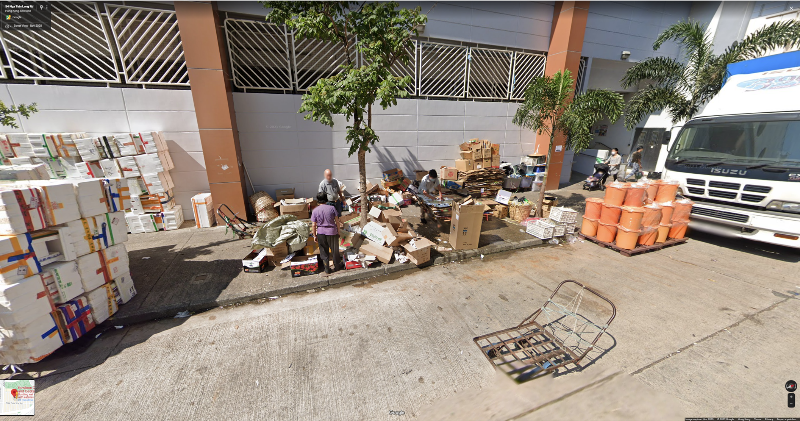|
Chinese version: See below
Click here: Analyses including market vacancy report and Aberdeen Market plans
Click here: Chinese story InMedia (https://bit.ly/3AaUrW0)
Click here: English letter South China Morning Post (https://bit.ly/3KmKEB8)
Public markets are convenient locations for residents to drop off recyclables and renting space there is more cost-effective. Adding markets to Hong Kong’s recycling network is one of the ways FEHD and EPD can operate better under the proposed bureau.
The chief executive has proposed a merger of the Food and Environmental Hygiene Department (FEHD) and the Environmental Protection Department (EPD). The future Environment and Ecology Bureau will combine FEHD’s waste and cleansing operations and EPD’s recycling operations under one authority. We fully support this plan.
We would like to highlight an example of the opportunities this merger brings. The FEHD operates 97 public markets located throughout all 18 districts. A HK$2 billion Market Modernisation Programme is under way, starting with an overhaul of Aberdeen market.
The benefits of using public markets as recycling points in the community recycling network include convenience, cost effectiveness, infrastructure and space availability.Firstly, public markets are convenient locations for residents to drop off recyclables as they are part of their daily shopping routine.
Secondly, EPD has opened 11 recycling stations and 22 recycling stores. The average monthly expense is HK$419,831 per store. A large portion is spent on rent. GREEN@Tin Hau pays HK$130,000 per month for 1,000 sq ft, or HK$130 per sq ft. In contrast, rent at public markets varies between HK$0.50 and HK$32 per sq ft. The rent at the Causeway Bay Market, just down the street from Tin Hau, is only around HK$4.50 per sq ft
Thirdly, EPD’s recycling stores have come under criticism for occupying public space. Residents place recyclables at the door when the store is closed, and the store places bagged material outside awaiting transport. These commercial shops lack the facilities commonly available at public markets: a loading bay, storage capacity and a parking area.
Finally, 80 out of the 97 markets have vacant space. The average occupancy rate of public markets is 88 per cent and, for some, occupancy is as low as 40 per cent. In all, 79 markets have at least 600 sq ft unused, which is EPD’s recommended size for a GREEN store in its tender specification.
In the 2019 policy address, the government announced a “single site, multiple use” model for greater efficiency in land use for public buildings. It would be good to see the same policy applied to FEHD’s public markets and EPD’s recycling stores.
When we approached FEHD, it responded that the provision of a recycling store is currently out of their scope of services for public markets. The merger of FEHD and EPD is a good opportunity for a rethink.
During the public consultation on a future producer responsibility scheme for plastic beverage containers, EPD asked retailers to take responsibility for collecting recyclable packaging. The government can set an example by including a recycling store in each public market. This would expand the community recycling network fourfold at a fraction of the cost, and offer convenience to nearby residents.
Aberdeen market is good place to start.
Paul Zimmerman, chairman, Drink Without Waste
(Based on letter published in the South China Morning Post, 19 January, 2022)
|
